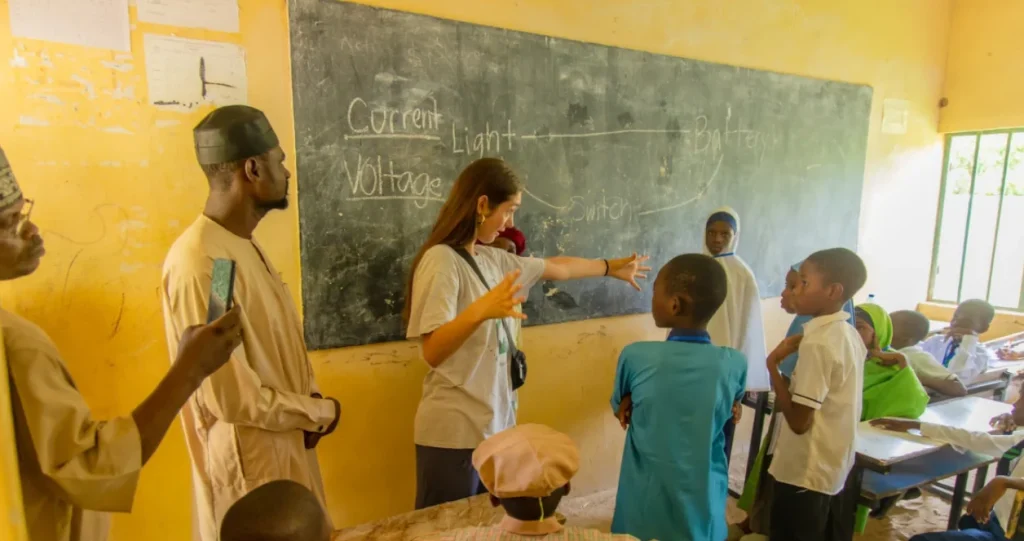Nigeria Launches Digital Literacy Bootcamp for 1,050 Pupils in Jigawa State
In a major step toward inclusive digital education, the National Information Technology Development Agency (NITDA), in collaboration with The Peace Institute (TPI) and other key partners, has kicked off a three-week digital literacy bootcamp for 1,050 primary school pupils in Hadejia town, Jigawa State.
This initiative targets 45 public and underserved schools and is part of a broader national campaign to equip young Nigerians with essential digital skills, in alignment with Nigeria’s 2027 digital literacy target of 70%.
Focus: STEM+A Curriculum for Underserved Pupils
The program’s curriculum integrates Science, Technology, Engineering, Mathematics, and Arts (STEM+A), ensuring a well-rounded academic foundation for primary school learners. The boot camp is specifically designed to promote digital skills, creativity, problem-solving, and early innovation exposure among students from underserved communities in Northern Nigeria.
NITDA’s Commitment to Digital Inclusion
Speaking on behalf of NITDA’s Director General, Kashifu Inuwa Abdullahi, Dr. Ahmed Yusuf Tambuwal, Acting Director of the Digital Literacy and Capacity Building Department, emphasised the importance of prioritising digital access in marginalised areas. He described the initiative as a strategic component of NITDA’s roadmap toward universal digital literacy, stating:
“We are committed to ensuring that every Nigerian becomes digitally literate, especially those in underserved and rural areas.”
Empowering Educators Alongside Students
Beyond the 1,050 pupils, the boot camp also includes the training of 30 local teachers. These educators will benefit from capacity-building workshops, access to digital teaching resources, and interactive community engagement sessions. Training will be conducted by a team of seven international tutors from the University of Rome, Italy, ensuring high-quality delivery and global learning standards.
This dual-focus approach aims to foster long-term educational impact by building local capacity for continued digital learning.
Why Hadejia?
Hadejia was selected due to its strong local support, readiness for digital transformation, and its strategic importance to the Northern region. The initiative directly supports President Bola Ahmed Tinubu’s education reform goals, focusing on youth empowerment, technology-driven development, and inclusive learning innovation.
Key Highlights
| Feature | Details |
|---|---|
| Participants | 1,050 primary school pupils |
| Duration | 3 weeks |
| Location | Hadejia, Jigawa State |
| Schools Involved | 45 schools |
| Focus Areas | STEM + Arts (STEM+A) |
| Teacher Training | 30 local teachers |
| Tutors | 7 experts from the University of Rome |
| Target | 70% digital literacy in Nigeria by 2027 |
Final Thoughts
This digital literacy bootcamp in Jigawa State is a strong example of how public-private partnerships can drive equitable access to technology and quality education in Nigeria. By focusing on underserved pupils and empowering local educators, the program lays the groundwork for a more inclusive and digitally capable future for all Nigerians.












